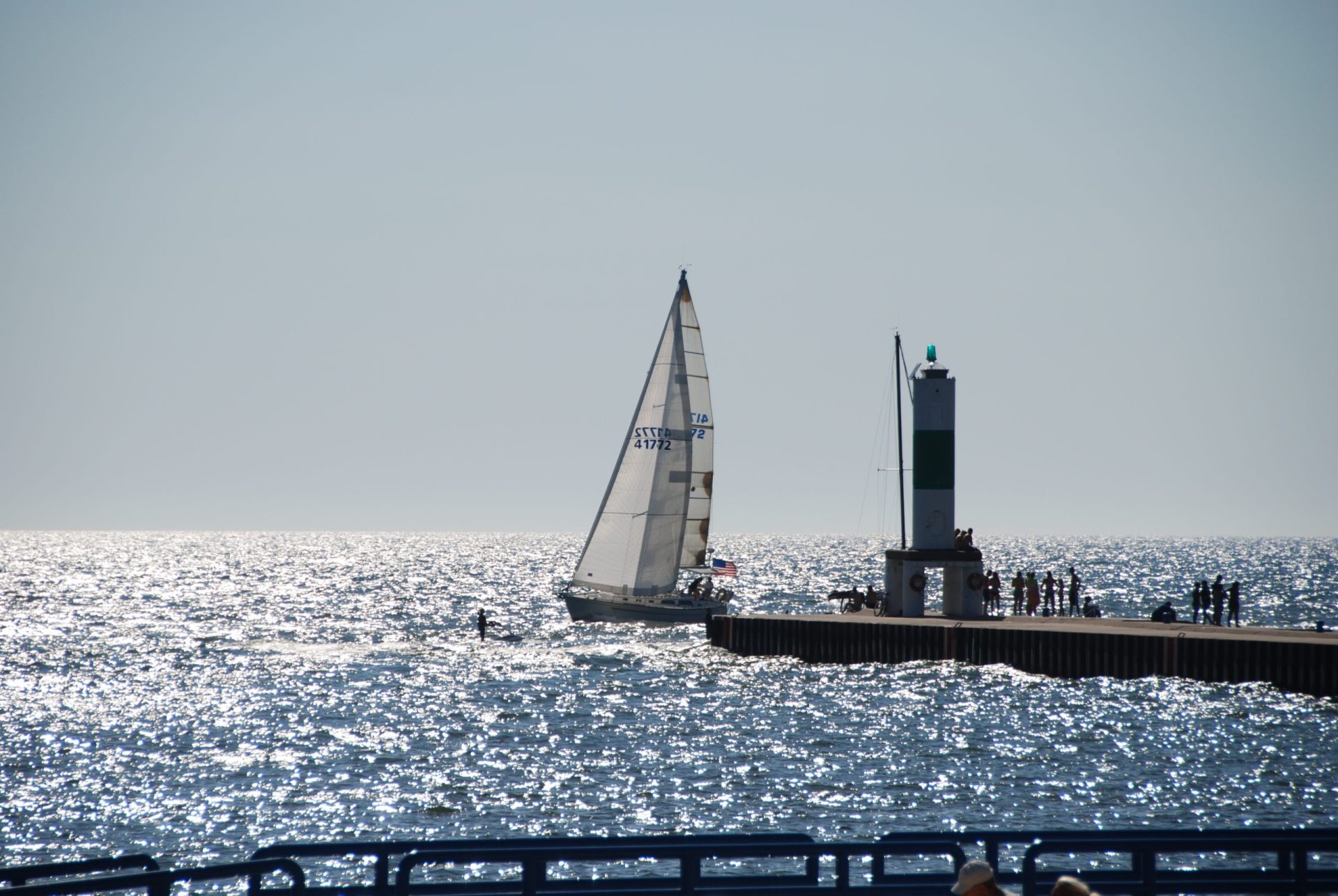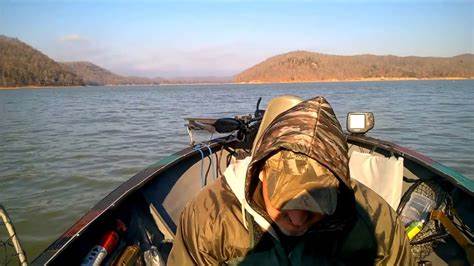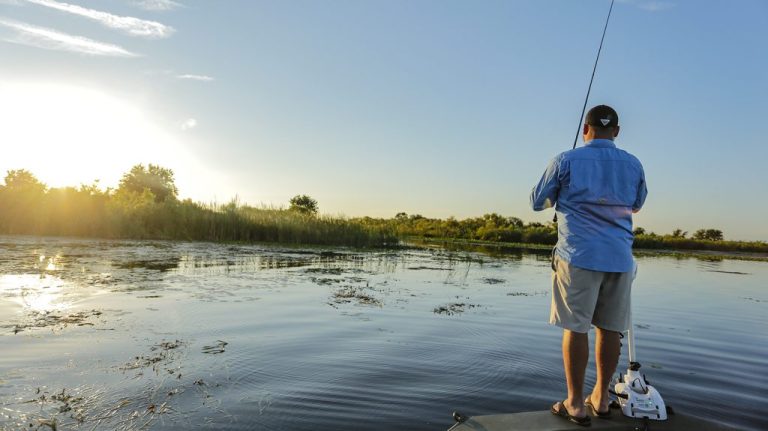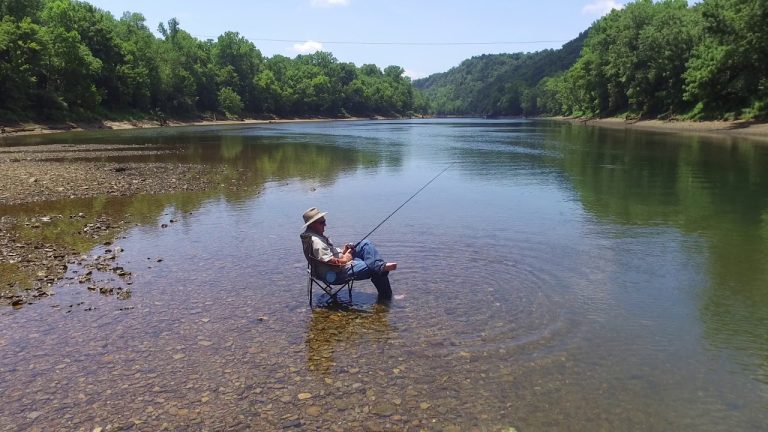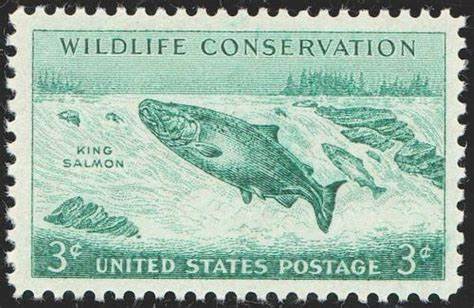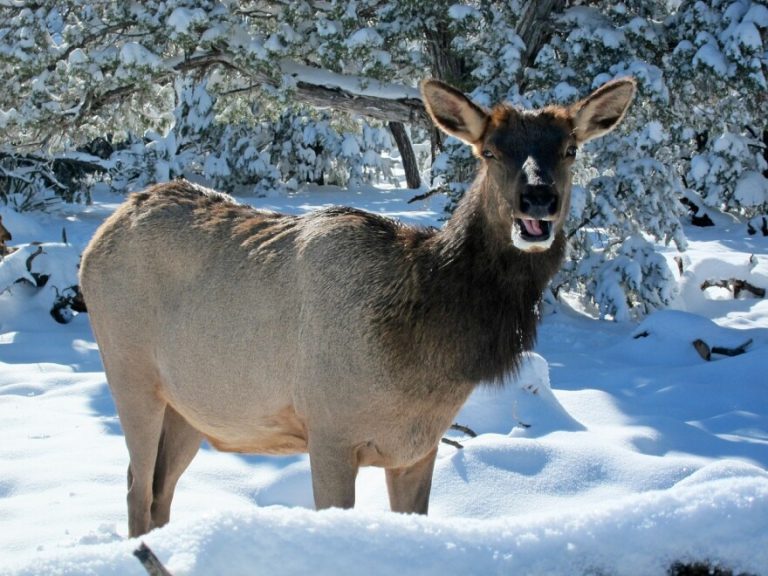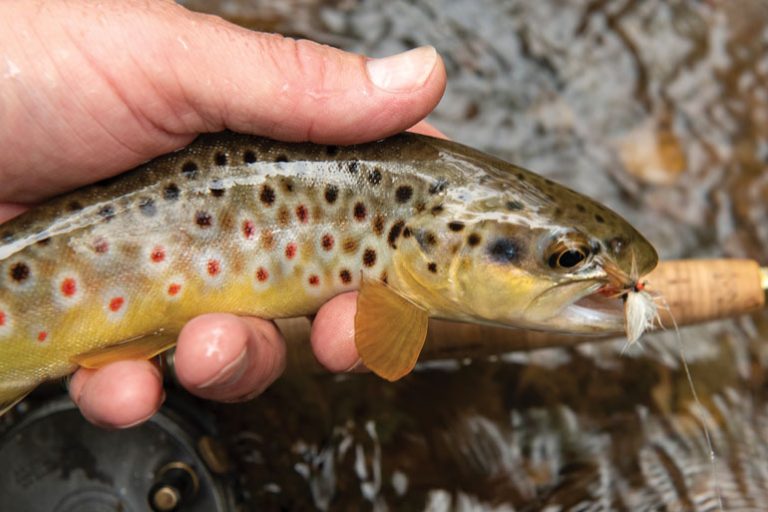Indiana’s waterways—from the Great Lakes tributaries to the winding Wabash River—are a cornerstone of its natural heritage, supporting thriving fish populations and world-class angling opportunities. However, preserving these resources requires adherence to 2025’s updated regulations and active participation in conservation initiatives. This guide synthesizes the latest rules from the Indiana Department of Natural Resources (DNR), conservation strategies, and actionable tips to ensure both compliance and sustainability. Whether you’re a resident angler or visiting for Indiana’s famed walleye runs, this resource equips you with everything you need to fish responsibly in 2025.
1. 2025 Fishing Licenses: Types, Costs, and How to Apply
All anglers aged 18+ must carry a valid license unless exempt. Below are the 2025 license options (prices unchanged from 2025):
| License Type | Cost (Resident) | Cost (Non-Resident) | Validity |
|---|---|---|---|
| Annual Fishing License | $23 | $60 | April 1, 2025 – March 31, 2026 |
| 7-Day Tourist License | $35 | $35 | 7 consecutive days |
| Trout/Salmon Stamp (Required for targeted fishing) | $11 | $11 | Matches license term |
| Senior Lifetime License (Residents born before April 1, 1943) | Free | N/A | Lifetime |
How to Apply:
- Online: Purchase instantly via the Indiana DNR’s licensing portal.
- Mobile App: Download the DNR’s app for iOS/Android.
- In-Person: Visit authorized retailers like Walmart or Bass Pro Shops.
Key Exemptions:
- Youth under 18.
- Active-duty military on leave (with valid ID).
Pro Tip: Combine your license with a HIP (Harvest Information Program) registration if hunting migratory birds—this free add-on aids conservation data collection .
2. 2025 Size and Bag Limits: Statewide Rules
Indiana’s regulations prioritize sustainable harvests. Below are critical limits for popular species:
| Species | Minimum Size | Daily Bag Limit | Special Notes |
|---|---|---|---|
| Largemouth/Smallmouth Bass | 14 inches | 5 (combined) | Catch-and-release encouraged in spawning zones |
| Walleye | 16 inches | 6 | Closed in tributaries March 15–April 30 |
| Crappie | None | 25 | Ice fishing exempt from size limits |
| Channel Catfish | None | 10 (combined) | No limit on invasive blue catfish |
Regional Exceptions:
- Lake Michigan: Steelhead and Chinook salmon limits adjust annually based on stock assessments. Check the DNR’s Lake Michigan page for real-time updates.
- Private Ponds: Exempt from state rules but require landowner permission.
3. Conservation Efforts: Protecting Indiana’s Waters in 2025
Indiana’s DNR has intensified efforts to combat ecological threats:
A. Habitat Restoration
- Dam Removals: The 2025 removal of the Oakdale Dam on the Tippecanoe River will restore 120 miles of spawning habitat for endangered sturgeon.
- Riparian Buffers: Over 500 acres of native vegetation planted along the White River to reduce erosion and filter agricultural runoff .
B. Invasive Species Control
- Zebra Mussels: Mandatory boat inspections at Lake Monroe and Patoka Lake.
- Asian Carp: $2.5M allocated for electrofishing barriers in the Wabash River.
C. Community Engagement
- Free Workshops: Topics include “Ethical Angling” (March 15, 2025) and “Invasive Species ID” (April 5, 2025). Register via the DNR Events Calendar.
- Youth Clinics: “Learn to Fish” programs at 20 state parks—equipment provided.
4. Seasonal Fishing Calendar 2025
Maximize your success with these peak seasons:
- Spring (March–May): Walleye runs in the St. Joseph River; trout stocking in Coldwater Creek.
- Summer (June–August): Night fishing for catfish on the Ohio River.
- Fall (September–November): Muskie hotspots like Lake Webster.
- Winter (December–February): Ice fishing for crappie at Brookville Lake.
Closures to Note:
- Trout Streams: Select sections closed December 1–April 15 to protect spawning.
5. Responsible Fishing Practices
Adopt these strategies to minimize ecological impact:
- Catch-and-Release Best Practices:
- Use barbless hooks.
- Keep fish submerged during hook removal.
- Avoid touching gills or eyes.
- Gear Management:
- Recycle monofilament line at participating tackle shops.
- Use non-toxic weights to prevent lead contamination.
- Report Violations: Call 1-800-TIP-IDNR or use the DNR app to report poaching or pollution.
Conclusion
Indiana’s fishing legacy hinges on collaboration between anglers and conservationists. By adhering to 2025’s regulations, supporting habitat projects, and embracing sustainable practices, you contribute to preserving these waters for future generations. For the latest updates, bookmark the Indiana DNR Fishing Portal and follow @INDNR on social media.
Final Reminder: Regulations may change mid-season. Always confirm rules with the DNR before your trip.
Do I need a fishing license if I’m fishing on private property?
Yes, a valid Indiana fishing license is required even when fishing on private property, unless the property is entirely owned by the angler or their immediate family.
Can I use live bait in Indiana?
The use of live bait is generally permitted in Indiana, but there are specific regulations regarding the types of bait allowed and the methods of collecting or transporting it. Consult the Indiana Fishing Regulation Guide for detailed information.
What should I do if I accidentally catch a protected fish species?
If you accidentally catch a protected or endangered fish species, do not remove it from the water. Gently release it back into the water as quickly as possible, minimizing handling and avoiding any unnecessary harm.
Are there any special regulations for fishing in state parks or nature preserves?
Yes, some state parks and nature preserves may have additional regulations or restrictions in place to protect sensitive habitats and ecosystems. Always check with the specific park or preserve before fishing in these areas.
How can I get involved in conservation efforts in Indiana?
There are various ways to get involved in conservation efforts, such as volunteering with local organizations, participating in habitat restoration projects, or supporting advocacy groups that promote responsible fishing practices and environmental stewardship.



